5. Babel
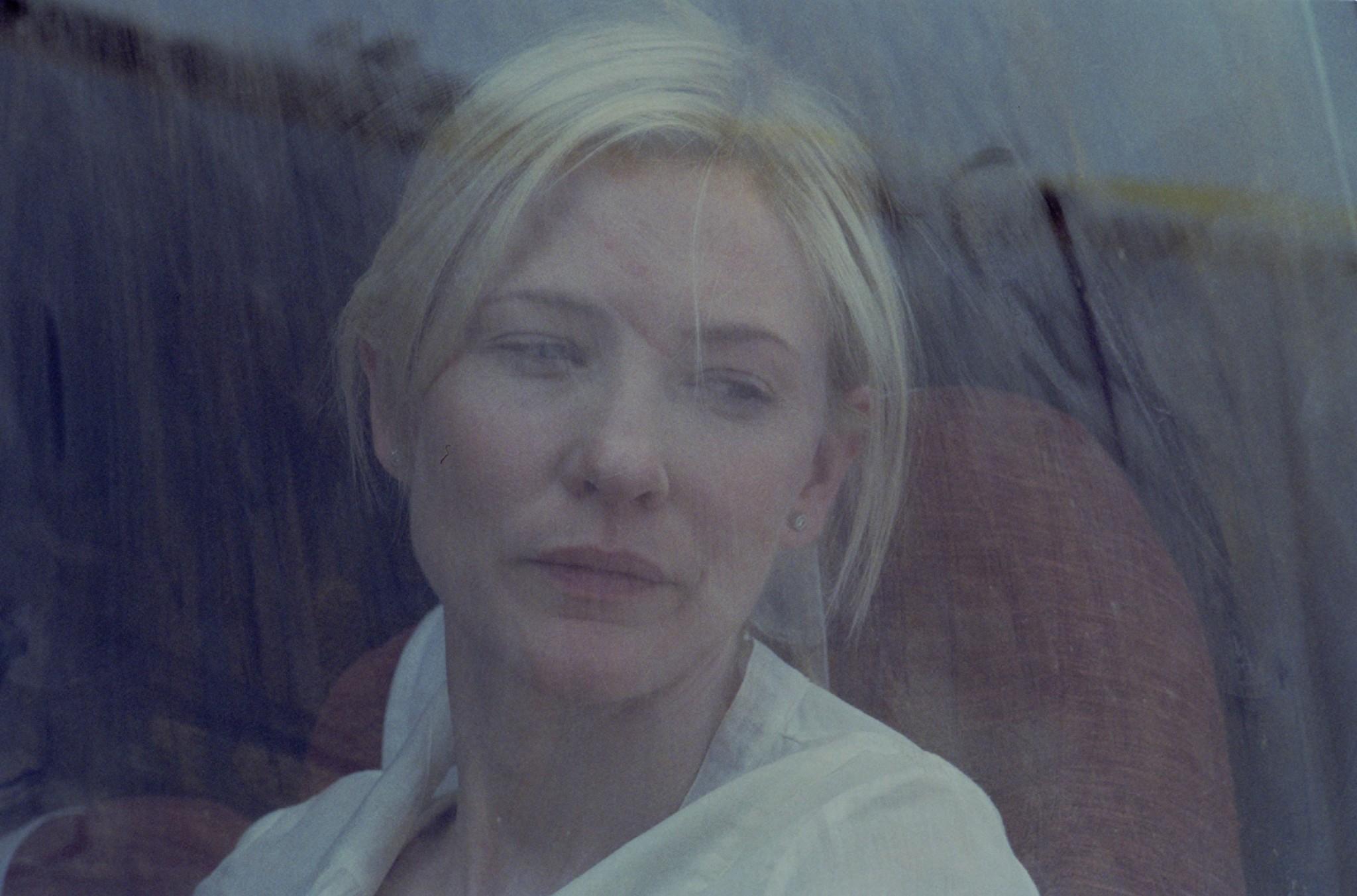
Alejandro González Iñárritu made a name for himself telling interlocking narratives starting with Amoros Perros in his home country of Mexico, then 21 Grams before finishing out the trilogy with Babel, a weepy, self-indulgent treatise on the global interconnectedness of everyone and the widespread consequences of a foolish act…or something like that.
Babel follows three different storylines. The first is that of a Moroccan shepherd and his family, including his two sons. The father buys a rifle to ward off the jackals attacking his goats. Inevitably, the two boys take the rifle out for practice without the father’s permission, accidentally shooting a tourist base. The second story follows a husband and wife played by Brad Pitt and Cate Blanchett leading up to and following Blanchett getting hit by the bullet on the bus.
Meanwhile in America, Pitt and Blanchett’s Mexican nanny is now forced to take the children she’s watching with her to her son’s wedding in Mexico. The final story follows a depressed deaf Japanese teenager grappling with the death of her mother. Regardless of how disparate all these stories seem, it wouldn’t be a piece of generic hyperlink cinema unless it all tied together in the end.
Over the years, Iñárritu has shown himself to be something of a maximalist, constructing large-scale think pieces such as Birdman and The Revenant. Unfortunately, just like these films, Babel can’t seem to find anything interesting enough to say to justify such a large canvas.
What’s more, every storyline is drenched in dour fatalism, every character suffering throughout the whole film. Whatever grandiose message Iñárritu set out to say, it doesn’t justify the slog of watching Blanchet pee her pants as she slowly bleeds to death.
4. Nymphomaniac (Vol. 1 and 2)
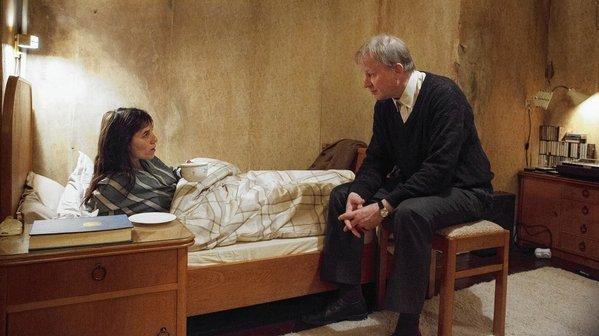
When Lars Von Trier announced that his next film would be a four hour epic tracking the life of a nymphomaniac, cinephiles rejoiced at the prospect of the bad boy of art house cinema finally making his magnum opus.
Von Trier had just come off the one-two punch of Antichrist and Melancholia and with a cast that included regular collaborators such as Stellan Skaarsgard and Charlotte Gainsboro as well as newcomers to the Von Trier family like Shia LaBeouf and Uma Thurman. Needless to say, expectations were high. What they got instead was a plodding, overly-talky, Tarkovsky wannabe that, perhaps its worst infraction, was relatively tame.
The whole film utilizes the framing device of the main character, Joe (Gainsboro) being found beaten by a quiet intellectual played by Skaarsgard. As she recovers from her beating, Joe regails Skaarsgard, and us, with the story of her sordid as a nymphomaniac from birth right up to the events that lead to the beating. It’s a fascinating idea and seems perfect for the iconoclastic filmmaker who never saw a button he didn’t want to push.
The film does contain some hilarious and raucous moments, like when the wife of the man Joe has been sleeping with shows up with her children, cheerfully showing them around the “whoring bed”. But for every interesting scene, there are about twenty scenes featuring Joe’s father (Christian Slater) talking about trees or bark, or something. It’s enough to make the audience rather limp by the end.
Soon after the film’s release, Von Trier went public with his alcoholism and with that information, the film starts to make a bit more sense. The constant tangent conversations Gainsboro and Skaarsgard go down involving fishing theory and handguns bring to mind the rants of one’s drunken uncle.
One would only hope that now that he’s back on the wagon we can get films that run closer to the quick-on-its-feet maniacal energy of The Idiots. Judging by early reception of Von Trier’s latest, The House that Jack Built, things don’t look promising.
3. Love (3-D)
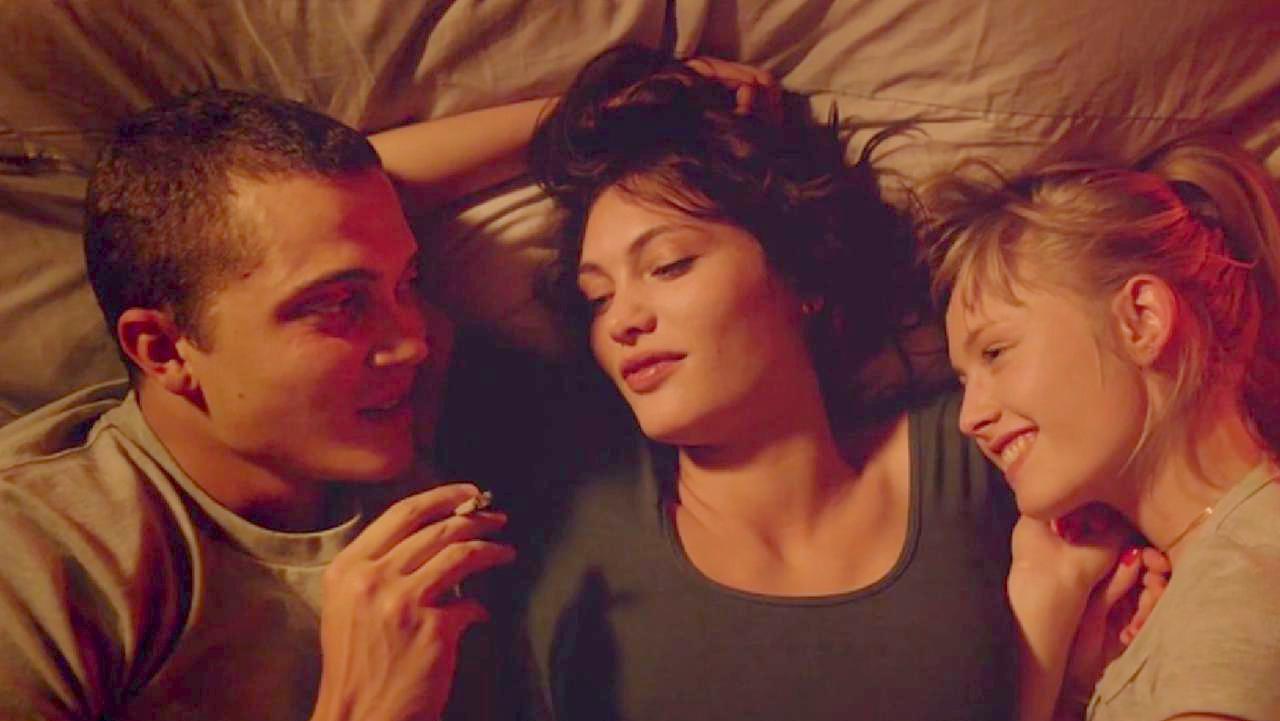
Another erotic clunker for the list. It seems appropriate that Von Trier and Gaspar Noe should be paired up together. They are both elder statesmen of cinematic troublemaking. By now, Noe’s Irreversible is a mainstay on lists about films that are nearly unbearable to watch.
And while Love is nowhere near that difficult, the film’s self-infatuation makes it a tough one to get through. Like Nymphomaniac, expectations for Noe’s 3-D erotic feature were high, especially after the visually stunning Enter The Void pulled audiences into a drug-drenched Tokyo afterlife without any third-dimension assistance.
Like most of Noe’s films, Love’s plot is disjointed meandering, following a volatile and sexually intense relationship between Murphy, an American film student studying abroad and Electra, a French art student.
The relationship is marked by jealousy and fighting as well as sexual experimentation. The two eventually engage in a threesome with another woman who Murphy later gets pregnant. This film has the distinction to feature a 3-D image of a penis ejaculating directing into the camera, and therefore the audience. That about sums up the film: One big jerk-off.
Noe films often feel more like rollercoasters than conventional narratives and Love is no exception. One minute the lovers are engaged in long, uncut scenes of explicit sex only to scream at each other drunkenly in the back of a taxi cab. There’s no denying the film is beautiful, filmed in a luscious color palette and the main certainly does know how to film a sex scene.
The film’s biggest problem is just how unlikeable the two leads are, both when they’re vowing their love for one another and especially when they’re screaming at each other. Perhaps if Noe had gotten better actors, they could have pulled off such repulsive characters. Instead, he picked two first-timers based entirely on how good-looking they are.
2. mother!
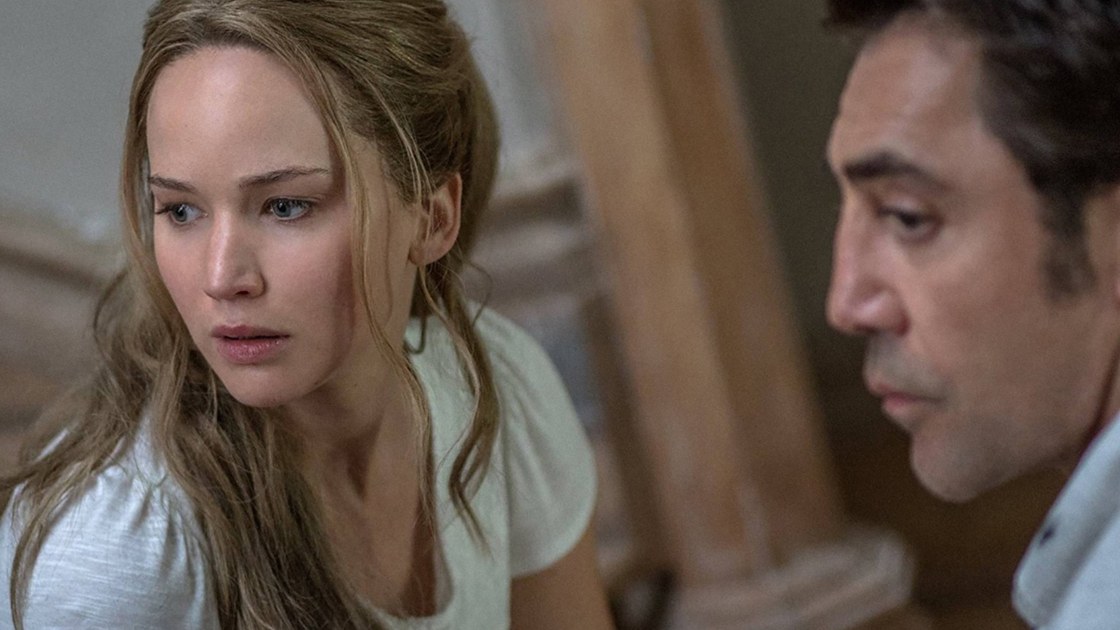
This pretentious motherload happens to be the newest film on this list, Darren Aronofsky’s cautionary chamber drama parable decrying our treatment of the planet. Aronofsky could probably populate about half this list. He is a filmmaker who isn’t afraid takes risks with such outtings as The Wrestler and Black Swan. Even these crowd-pleasers have a bit of pretension in their DNA not to mention the more-out there parts of his filmography like Noah and The Fountain.
Jennifer Lawrence, doing her trademark frown-acting plays, you guessed it, Mother, a young wife to her poet husband, Him played by Javier Bardem. Him struggles with writer’s block while mother works on fixing up their home out in the country.
That is, until they get a visit from a strange man played by Ed Harris, named man, looking for a room to rent. Him offers to put him up for the night and before long, his wife, woman,(Michelle Pfeiffer) shows up along with their shit-heel sons (Domhnall and Brian Gleeson).
The film then proceeds to play out a rough retelling of the Garden of Eden parable with mother representing Mother Earth, Him as God, the man and woman as Adam and Eve and their sons, Cain and Abel. The house Mother so carefully fixed up is continually destroyed by these unruly guests. Get the metaphor?
In all fairness, the film is an enthralling and angry ride. Aronofsky has been extremely outspoken about the environmental meaning of the film and he is a noted environmentalist. mother!’s biggest problem is while The Fountain was a daring attempt to ask large questions about life, mother!’s ultimate finger-wagging message wasn’t especially deep.
1. Only God Forgives
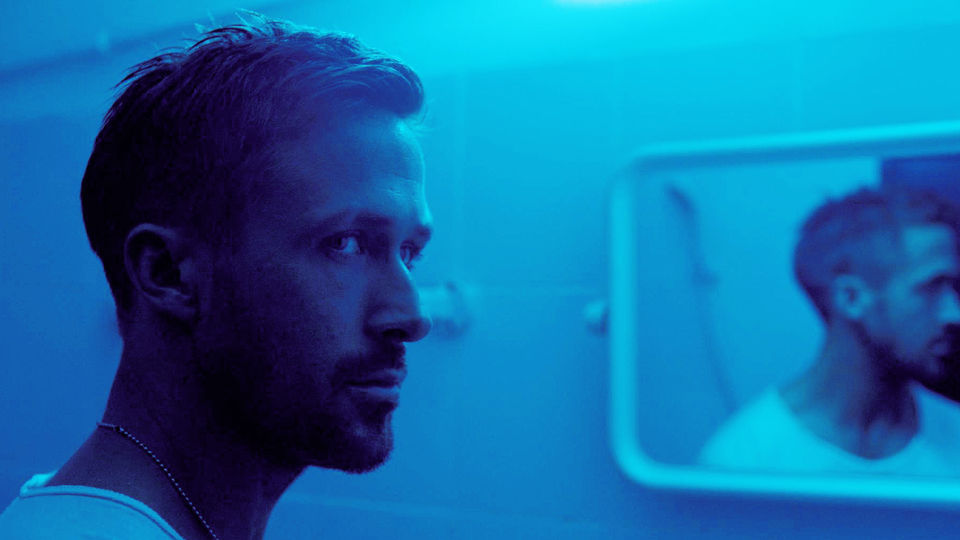
In an interview with William Friedkin, Only God Forgives director Nicolas Winding Refn tried saying it was a masterpiece. Friedkin turned and asked if there was a doctor on set. That about sums up the film. A piece of work made by a filmmaker who himself is a real piece of work.
To watch the Ryan Gosling wander mournfully around Bangkok drenched in neon, one gets the feeling that they can feel Refn’s ego radiate off the screen. That alone makes the film worth watching. Add to that an Oedipal storyline with his ruthless mother played by a bleach-blonde Kristen Scott Thomas and a local police officer who may, in fact, be God and you’ve got a film so far up it’s own ass, you’re not sure where it begins or ends.
So much of the ire for this film likely stems from audiences lining up for a spiritual sequel to Refn and Gosling’s previous, and more commercial, film, Drive. Where that film was a tightly-wound piece of neo-noir, Only God is disjointed, slow, and obtuse in its meaning.
The film follows Julian, Gosling, running a Muay Thai boxing gym along with his brother, Billy. The gym is a front for drug operations run by Julian and Billy’s crime kingpin mother and when Billy is executed for killing a prostitute, Mommy comes to Thailand to find the person responsible for her favorite son’s death.
Perhaps what American audiences found so egregious about the film is just how weak and ineffectual Gosling’s character comes off. In Drive he plays the strong, silent unnamed Driver, capable of astounding vehicular and combative feats.
Gosling’s Julian is a sexually repressed young man who’s clearly terrified of his own mother and gets his ass beat by Lieutenant Chang. When one looks at Chang as the hero of Only God Forgives and Gosling as a supporting character, the film starts to resemble something that might make sense.